
Utilizing a multidisciplinary breast cancer clinic helped improve time to first appointment and time to first treatment.

Your AI-Trained Oncology Knowledge Connection!


Utilizing a multidisciplinary breast cancer clinic helped improve time to first appointment and time to first treatment.

Workplace burnout in medicine and oncology can lead to stress, exhaustion, fatigue, and a lack of interest in work, according to Eric P. Winer, MD.

Preclinical data showing OBI-902 sustained antitumor activity in solid tumors support the agency’s decision for the IND application.

IBTR with the 1 mm and 2 mm cutoff found rates found the margin widths were small and not clinically meaningful.
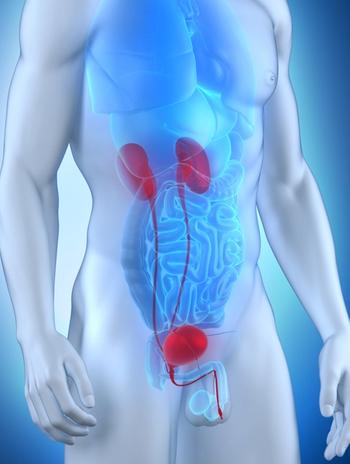
Data from cohort 4 of the phase 2 SunRISe-1 trial demonstrate durable DFS with TAR-200 in BCG-unresponsive, papillary-only, high-risk non–muscle-invasive bladder cancer.

Eric P. Winer, MD, said, “[Health care] has a workforce problem, which is part of the reason why we need to embrace nurse practitioners and PAs or APPs.”


Ninety days of endocrine therapy before surgery could change patient/surgeon preference on concurrent radiation use in those with breast cancer.

The FDA requires additional confirmatory evidence to progress the application for TLX101-CDx in this glioma indication.

Panelists discuss how upcoming studies at ASCO 2025 could change practice in kidney, bladder, and prostate cancer, highlighting research on novel drug combinations, biomarkers, organ-sparing approaches, and AI-driven treatment selection.

Oncology Decoded hosts discuss adjuvant therapy in kidney cancer, including research, treatment strategies, and management of recurrence.

Results from the phase 2/3 trial also show a favorable OS trend for KN026 with chemotherapy vs placebo with chemotherapy in HER2-positive gastric cancer.

Nogapendekin alfa inbakicept plus BCG led to a CR rate of 71%, with 60% of responders maintaining their response for at least 12 months, in patients with bladder carcinoma in situ.

Results from the phase 3 CodeBreaK trial support the use of 960 mg of sotorasib plus panitumumab as standard of care in metastatic colorectal cancer.

Event-free survival events were observed in 37.5% of patients with resectable locally advanced HNSCC who took pembrolizumab vs 45.3% in those who did not.


The EU approval was based on results from the phase 1/2 LINKER-MM1 trial assessing the efficacy of linvoseltamab in relapsed/refractory multiple myeloma.

“Although telehealth is a great thing when used properly, telehealth also puts a barrier between the doctor and the patient,” said Eric P. Winer, MD.

This study conducted within the phase 3 AML17 and AML19 trials revealed an OS rate of 69% in patients monitored for MRD and 58% in those not monitored.

The regulatory decision may offer more scheduling flexibility for patients who receive thiotepa for breast or ovarian cancer.
!["This [network meta-analysis] demonstrated for the first time that [anlotinib/benmelstobart plus chemotherapy] is the most efficacious regimen for extending survival in ES-SCLC, highlighting its potential as a preferred first-line treatment option for this patient population," according to the study authors.](https://cdn.sanity.io/images/0vv8moc6/cancernetwork/6934d676a539495d8b2109e4b3762700aa723bf3-1200x873.jpg?w=350&fit=crop&auto=format)
Data may support anlotinib/benmelstobart plus chemotherapy as a preferable frontline treatment option in extensive-stage small cell lung cancer.
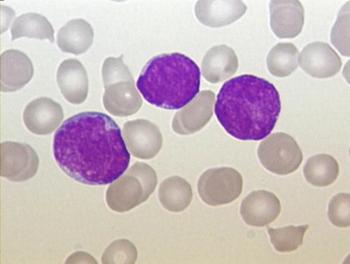
Results from the phase 3 AMPLIFY trial showed that acalabrutinib plus venetoclax, with or without obinutuzumab, prolonged PFS vs chemoimmunotherapy in CLL.
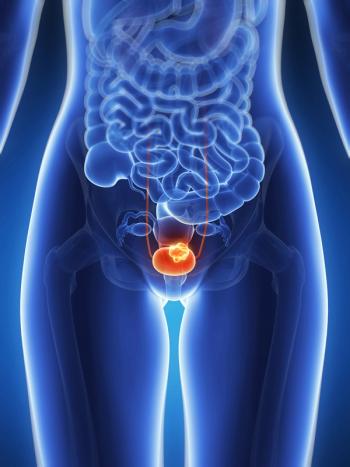
Complete response rates were observed consistently across patient subgroups in those with high-risk BCG-unresponsive non-muscle invasive bladder cancer.

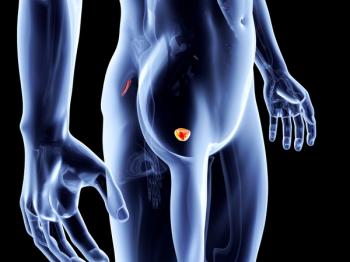
A recommendation from an independent data monitoring committee prompted the discontinuation of the phase 3 CAPItello-280 trial.

18F-FDG PET/CT staging of lymph node metastases in patients with bladder cancer undergoing radical cystectomy did not correlate with worse survival outcomes.

Data show that patients who undergo grade group 1 prostatectomies may experience an increased likelihood of higher risk features.
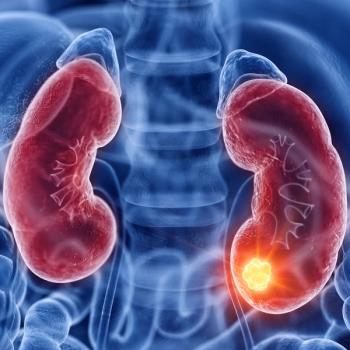
A prospective trial established that 97% of patients were successfully discharged on the same day as receiving robotic partial nephrectomy.
!["[These] data provide framework to assist in patient counseling and optimizing selection," according to the study authors.](https://cdn.sanity.io/images/0vv8moc6/cancernetwork/afc4e7af61f986692735b0d673f3933a45f75fc2-2249x2250.png?w=350&fit=crop&auto=format)
Findings may establish a framework for assisting patient counselling and optimizing therapy selection for those undergoing radical cystectomy.
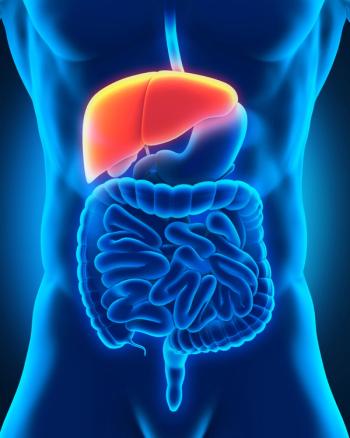
Ten-fraction image-guided hypofractionated radiation therapy could be a feasible treatment option for portal vein tumor thrombosis in patients with HCC.